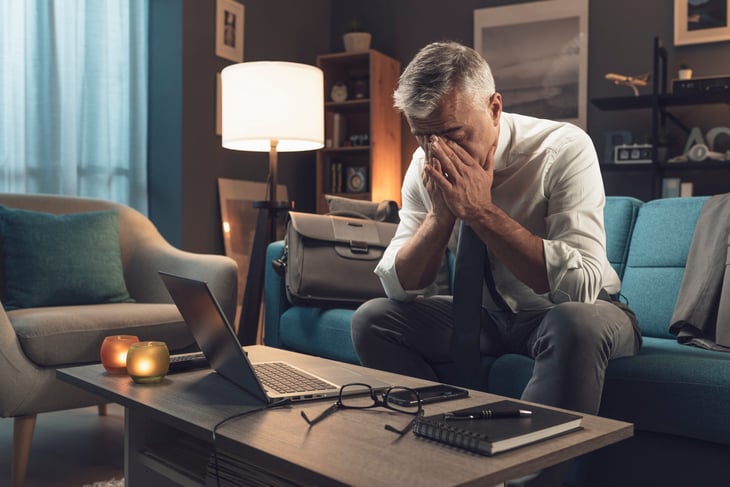
As people near the finish lines of their careers, they may be tempted to purchase second homes.
Some real estate agents and financial professionals have long professed that buying a second home is a great idea because you can use it as a vacation getaway — it’s available when you are — and even rent it out to earn some extra cash. Then, it’s there for you when you retire.
Buying a second home before retirement may be a wise investment for financially stable and affluent pre-retirees. But it could also turn into a financial or personal debacle.
Give the following points some serious thought before you make the move.
1. You may be locking in a permanent vacation spot
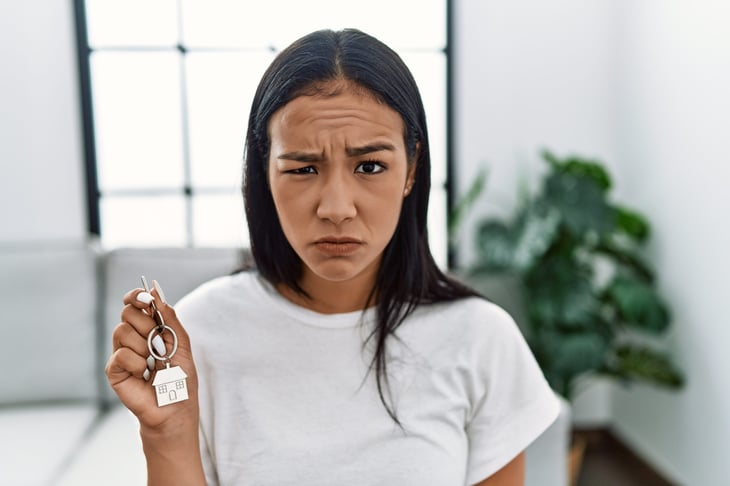
You may love Arizona, Florida or even Cape Cod, and you may be eager to retire there. Do you love it enough to forgo vacations in other parts of the U.S. or the world between now and retirement?
For many people, it’s a stretch to maintain two homes and take fancy vacations. If you buy, you’ll likely want to ensure that is your vacation spot of choice for the foreseeable future.
2. There are hidden costs of a home you don’t live in
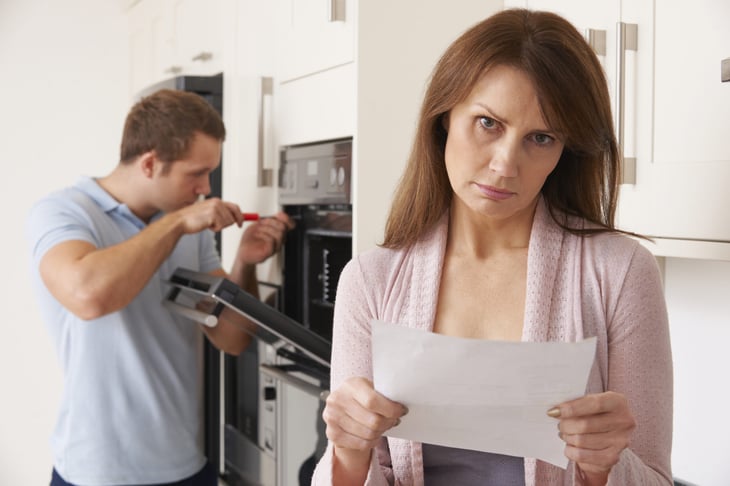
Even if you can afford the second mortgage and maintenance, you will want to ensure that your second home is both maintained and secure. Do you hire someone to watch the property, mow the lawn and otherwise check to make sure a pipe hasn’t burst or another fix needs to be made?
Do you just hope for the best — no vandals, no fire, no floods — between visits? And if you rent the home to others, how will you be sure it’s properly maintained for the occupants? How will you ensure the occupants don’t abuse the property?
Analyze all possible scenarios. You may want to check the costs of property management before you buy and learn what kind of taxes to expect for any rental income.
3. Selling for a profit may be harder than you expect
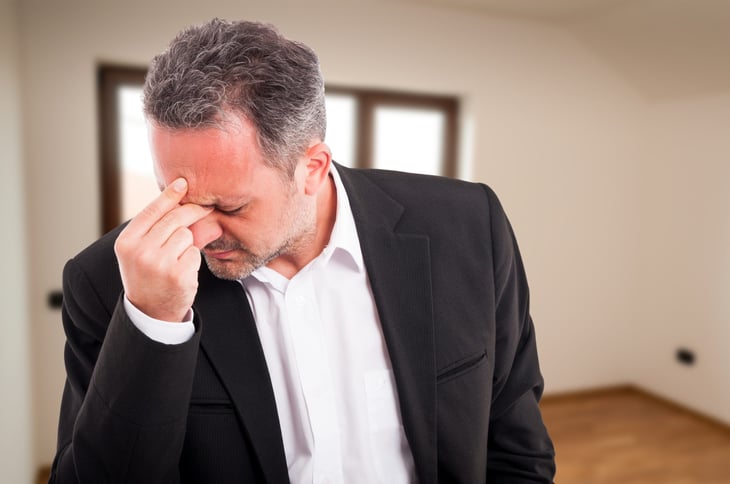
Sure, you will invest in the home with the idea that you’ll retire there. But what if you or a family member has a major change in health or you just decide the property is not right for you after all?
Borrowing at today’s high interest rates — which are the highest they’ve been since the early 2000s, and may move higher still — could mean paying a lot more interest than on your primary mortgage.
In some parts of the country, home prices are also still elevated after all the pent-up demand built during the pandemic. They may go down before they go up.
Think of the second home as you would any other investment. What are the odds you break even or profit?
4. Disaster could strike
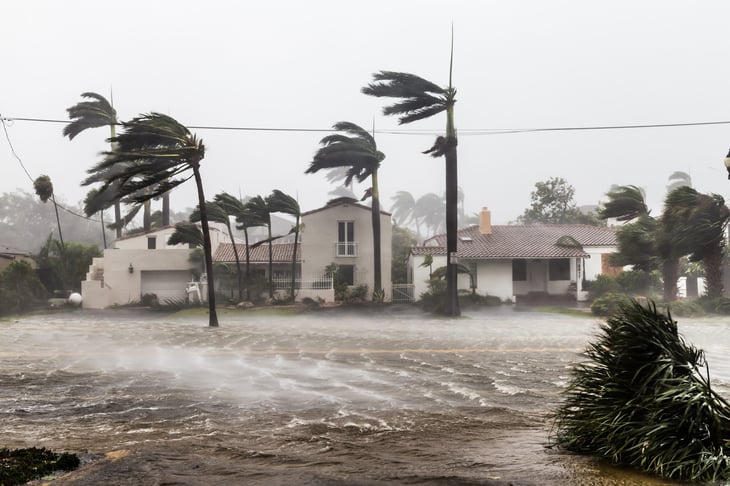
Owning two properties means giving Mother Nature twice as many opportunities to upend your life.
Many people buying a second home with retirement in mind consider Florida, the state with the most expensive homeowners insurance — almost four times the national average. It may even be hard to find insurance: As we’ve reported, several insurers are pulling out of the state entirely.
5. You may end up hating the area

One concern about buying a home five to 10 years before retirement — as some buyers do — is that it’s difficult to gauge your fondness for an area through a series of quick visits.
Consider renting a home for a bit before you commit to buying your own property. In your trial run, you may discover something you can’t tolerate over the long term. For example, you might not like the humidity, sand, cold, biting insects, too many or too few people, the lack of events, being too far from the grandkids or too far from medical care.
Check out “13 Signs That You Chose the Wrong Place to Retire” for more things that you don’t want to realize too late.
6. Don’t forget health and well-being concerns
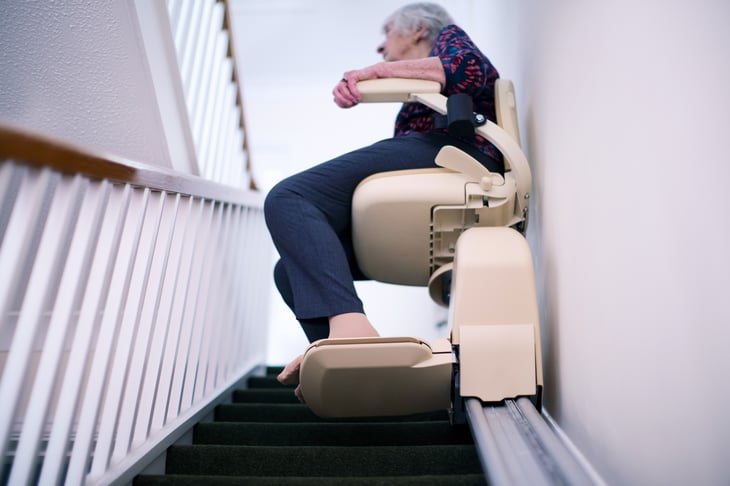
The lifestyles of people in their 50s are very different from those in their 90s. Before you buy a second home for retirement, consider how long you believe it will suit you.
What will you do if you can no longer drive? How will you maintain a large yard? Will you be able to safely go up and down stairs 20 years from now? Is there a chance to build a lasting social network there, or is the population transient?
Consider all of these points before you invest.





Add a Comment
Our Policy: We welcome relevant and respectful comments in order to foster healthy and informative discussions. All other comments may be removed. Comments with links are automatically held for moderation.